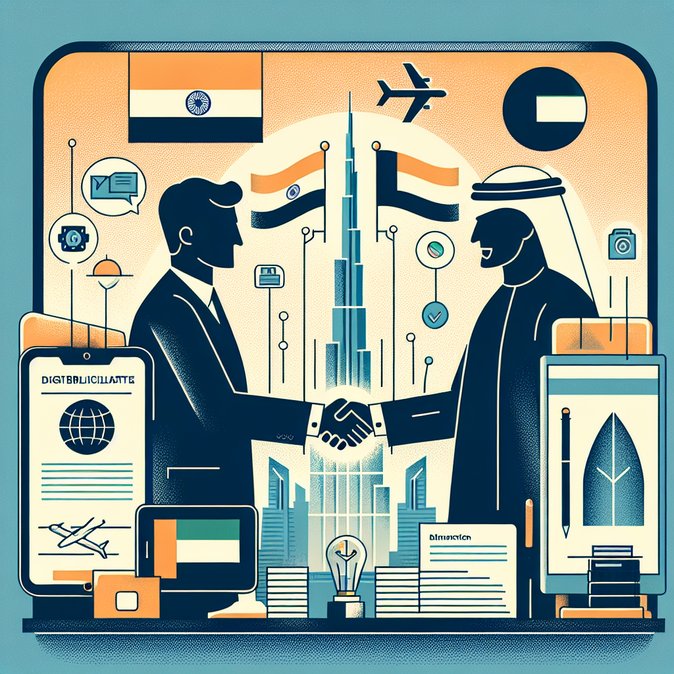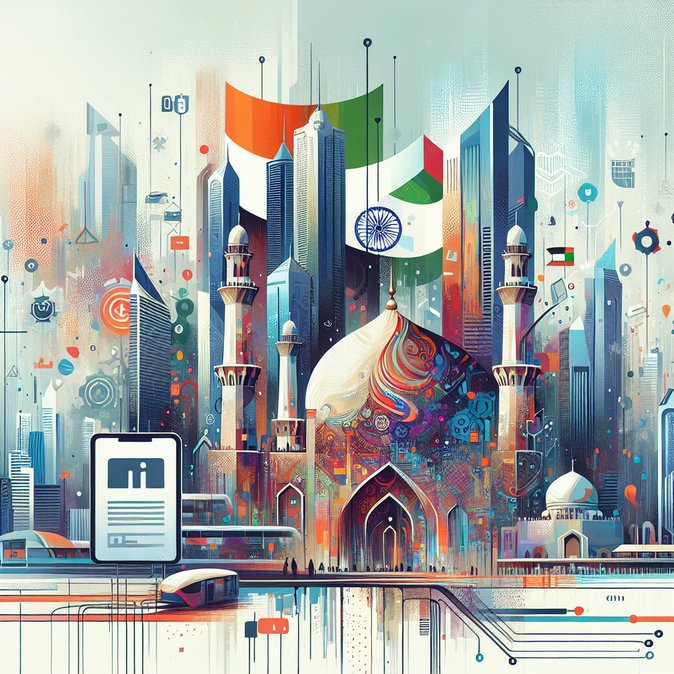
Senior diplomats from India and the United Arab Emirates convened in Abu Dhabi on 26 November for the sixth meeting of the Joint Committee on Consular Affairs, a forum that has become the engine room for practical mobility cooperation between the two strategic partners. Led by Arun Kumar Chatterjee, India’s Secretary (Consular, Passport, Visa & Overseas Indian Affairs), and Omar Obaid Al Hesan Al Shamsi, Under-Secretary at the UAE Ministry of Foreign Affairs, the talks focused on four workstreams: faster visa processing, expanded consular access, streamlined extradition procedures and a standing review mechanism.
Both delegations agreed to “progressive liberalisation” of visa policies. While details will be finalised in the coming months, officials hinted at a pilot that could grant five-year multiple-entry visas for select categories of Indian business travellers and professionals—mirroring the UAE’s moves with other key trade partners. The committee also endorsed plans for an electronic document-validation portal that would let Indian expatriates upload police-clearance certificates and academic degrees directly to UAE immigration systems, cutting attestation times from weeks to days.
![India and UAE fast-track visa liberalisation at 6th Joint Consular Committee meeting]()
For employers, the headline benefit is predictability. India supplies more than 3.5 million workers to the Emirates, and staffing agencies say inconsistent document checks are still a pain-point. A shared digital ledger of overstay records and criminal-status updates, slated to go live in early 2026, should reduce last-minute visa refusals that derail project mobilisations.
The UAE side used the session to brief India on its new 30-minute emergency return permit for Golden-Visa residents abroad, while India outlined plans to issue chip-enabled passports to its diaspora from mid-2026, assuring Gulf employers there will be no extra biometrics appointments or fees. The two countries will meet again in New Delhi in 2026 to measure progress and consider reciprocal long-term visa categories.
Mobility teams moving staff between India and the UAE should track the forthcoming multiple-entry pilot and prepare document templates that align with the new e-validation portal. Early adopters are likely to enjoy faster onboarding and reduced administrative overhead.
Both delegations agreed to “progressive liberalisation” of visa policies. While details will be finalised in the coming months, officials hinted at a pilot that could grant five-year multiple-entry visas for select categories of Indian business travellers and professionals—mirroring the UAE’s moves with other key trade partners. The committee also endorsed plans for an electronic document-validation portal that would let Indian expatriates upload police-clearance certificates and academic degrees directly to UAE immigration systems, cutting attestation times from weeks to days.

For employers, the headline benefit is predictability. India supplies more than 3.5 million workers to the Emirates, and staffing agencies say inconsistent document checks are still a pain-point. A shared digital ledger of overstay records and criminal-status updates, slated to go live in early 2026, should reduce last-minute visa refusals that derail project mobilisations.
The UAE side used the session to brief India on its new 30-minute emergency return permit for Golden-Visa residents abroad, while India outlined plans to issue chip-enabled passports to its diaspora from mid-2026, assuring Gulf employers there will be no extra biometrics appointments or fees. The two countries will meet again in New Delhi in 2026 to measure progress and consider reciprocal long-term visa categories.
Mobility teams moving staff between India and the UAE should track the forthcoming multiple-entry pilot and prepare document templates that align with the new e-validation portal. Early adopters are likely to enjoy faster onboarding and reduced administrative overhead.









